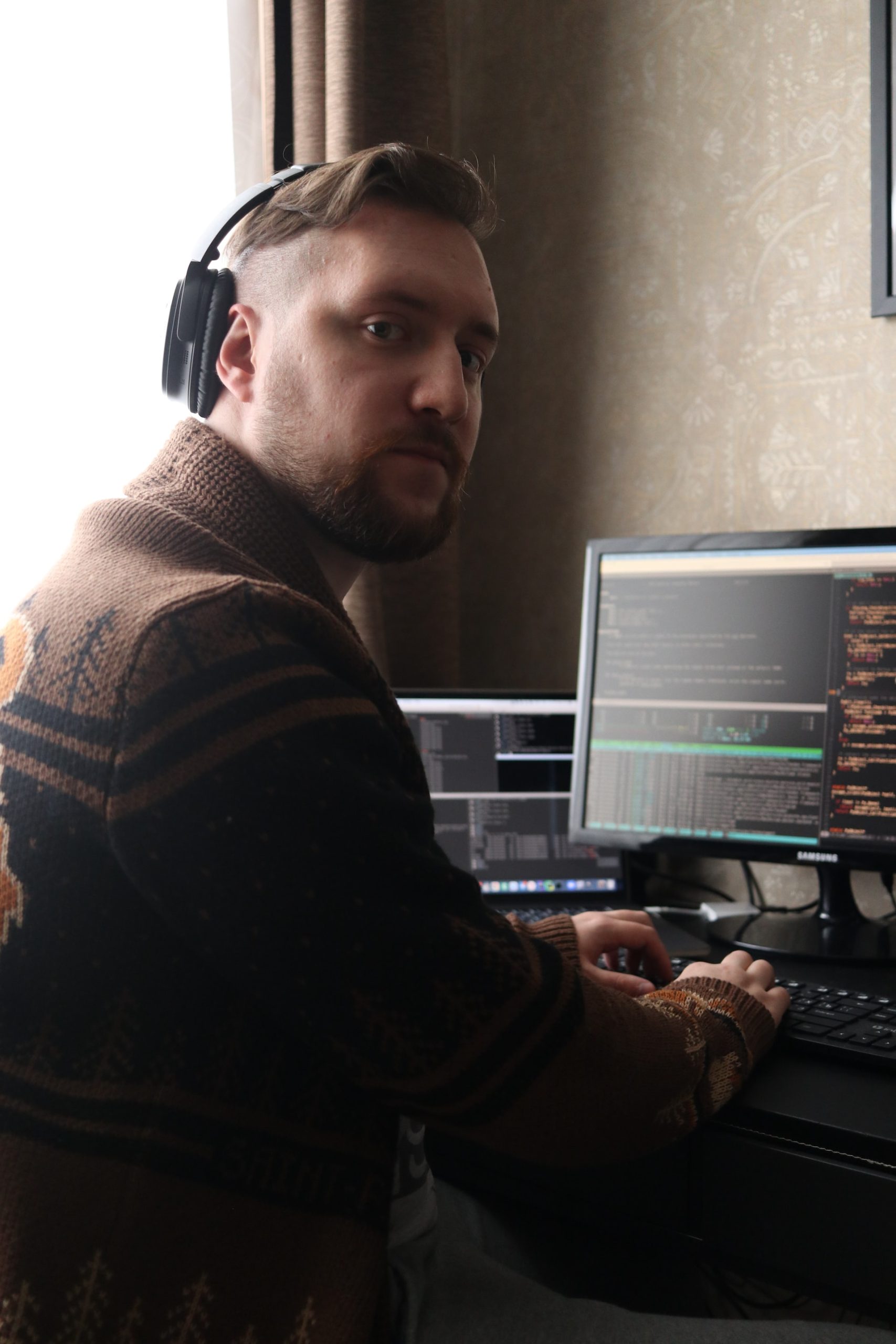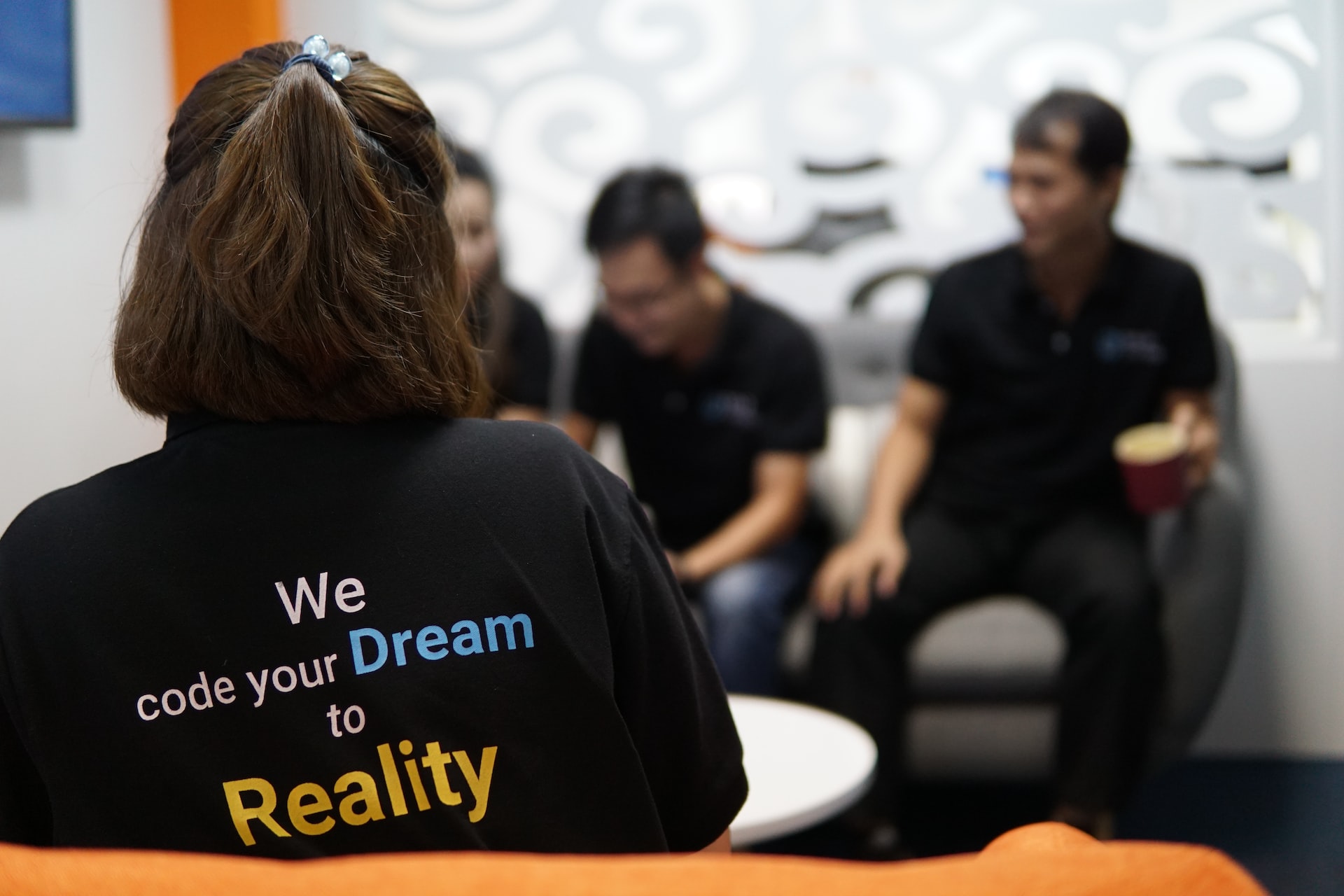Full stack technology refers to the complete internal & external programming of a web application, which includes both the front- and back end. The professional who is adept & certified to manage both these ends of the development is a Full stack developer. They work on the website to ensure it functions correctly and has an appealing look as well.
There are three parts of full-stack development:
- Write code to decide the design of the website
- Write code to save the input from the users
- Host database on servers
They use languages such as Python, JavaScript, HTML, CSS, and TypeScript to develop the entire website or web application. Here, we will be specifically focusing on the Python Full-Stack developer.
Contents of Post
Who is a Python Full-Stack Developer?
Python is a flexible, all-purpose high-level language utilized for organized and unstructured data science. It enables modern computer systems to run programs and communicate with one another. To offer a complete web stack, Python code interacts with code written in other languages like C and JavaScript. A full-stack Python developer is an expert in using the Python language for all web development.

Python is a well-liked programming language employed in creating websites, computer programs, system scripts, and mathematical calculations. Here are a few more applications of Python:
- Workflows are created using Python.
- It can read and edit documents and link to computer systems.
- Applications for the web are made with Python.
- Complex mathematical operations and handling of huge data are both done with it.
- Rapid software testing and software programming.
What are the Advantages of a Python Programming Language?
Python is a flexible software programming language that runs on various operating systems, including Windows, Mac, Raspberry Pi, and others. It is straightforward since its syntax resembles that of the English language. Unlike other programming languages requiring lengthy lines, the syntax enables developers to construct programs concisely.
Python uses a procedural, object-oriented, functional approach and operates on an interpreter system, making prototyping faster. Python was created with readability in mind. In contrast to other programming languages that frequently utilize semicolons or parentheses, it employs new lines to finish a command.
While other programming languages frequently employ curly brackets to specify the scope of loops, functions, and classes, Python depends on indentation and the use of white space.
How to Become a Python Full-Stack Developer?

Learn how to build a whole web application from scratch if you want to become a full-stack developer. To create web applications, you may utilize Python frameworks like Django or Flask. Here’s how you can become a full-stack python developer.
- Master the Basics of Python
If you want to be a full-stack python developer and need to learn the ABCs of the language, then this is the time you should invest in learning Python. It is very important to understand how the loops work, how to write codes and functions, and how to write conditional statements. Remember, Python is not only about writing codes. It’s much more than that. So, the time invested might be more than you expect. However, you do not need to master the language. If you can write if-else, loops, and conditions, you are good to go.
- Understand Front-End Web Development
Now, you may either start by studying Python and the back-end material or go in the opposite direction. But since learning front-end programming is far more enjoyable. Hence, it is preferable to start there. Also, you need some front-end expertise to understand languages like Django.
Learning the principles of front-end web programming is the first step. You must become proficient in HTML, CSS, and JavaScript to build a website’s front end (user interface). These terms might be alien to you if you need to learn about software programming.
You can always start with HTML because HTML helps design the website’s interface. It is a markup language that helps create basic parts of the website such as header, paragraph, image, and many more. To add style to your website, you can also learn CSS. It is a simple language that helps you beautify your website.
Next, a little knowledge of JavaScript would be best. You may add a range of features to your webpage with the scripting language to make your website more engaging.
However, you do not have to master all the languages. Only having sufficient knowledge on making your website look beautiful and user-friendly can help you make your website. Also, try implementing your ideas and thoughts on new projects.
- Learn a Web Development Framework (Django or Flask)
Now that you have learned the programming language for the front end, it is time to learn the backend development framework. For this, you need to learn Flask or Django, as Python cannot function in the backend without them.
Alternatively, using tools like CodeLobster IDE can simplify the learning curve for frameworks like Django and Flask by offering features such as syntax highlighting, debugging tools, and project templates specifically tailored for Python web development.
You may simply learn Flask. It is a simple web development framework and can be learned without problems. Although it is less well-known than Django, Flask is frequently used for small applications.
Learning Django might be challenging at first. However, with enough practice, you can master it. Django offers several distinctive features, including a network model. Your web development will be strong and simple using Django. Learn Django and use it to build several applications. Installing Django and starting your first project is the first thing you must do.
- Create Real-World Projects
Create some projects that can address real-world issues when you have mastered the fundamentals. You now understand the basics of both front-end and back-end technologies. Put all of your expertise to use by developing some excellent web applications.
By working on real-world projects, you’ll gain valuable knowledge and obtain some helpful experience. The best you can do is accomplish at least one significant task, such as a full-featured web application. Use your expertise to alleviate some of the problems that individuals have. You can now build any website without hassle-free expertise.
- Get Into Freelancing
Getting into freelancing means working for clients. You may also take a teaching job and teach Python to students aspiring to become web developers. Several online platforms welcome freelancers to teach. Also, you can get some local students who have dreams of being a developer. You can also charge an hourly rate on online platforms, and voila, you make a good income out of it.
You may know the challenges and obstacles you encountered when learning to code. Try to find solutions to any issues other people may have and provide them with whatever assistance you can. You’ll develop much more quickly if you assist more folks.
Also, many platforms, such as Fiver and Freelancers, can help you get legitimate clients. By doing so, your knowledge and skills will improve with time, and you’ll know where you stand.
- Join Community Forum
Joining community forums can be a great advantage, as there will be thousands of people like you. If you face any problem, you can ask a question, and someone from the forum will help you. Or you can also comment on others’ posts or post your answers to the questions uploaded. This way, you can build skills and a strong base for future endeavors.
- Start Applying to Corporate Offices
Once you’ve finished a few fun web development projects using Django, it’s time to advance your abilities in web development to earn some money. You are free to do that if you wish to apply for a standard 9–5 employment. If that’s the route you want to go, apply for jobs as a web developer at firms and showcase your abilities and work.
Put yourself in the employers’ position if you want to be recruited by a corporation. Imagine and think about why they would hire you. Try to align your profile with their standards. If you’re going to get hired, you must demonstrate your abilities. If you’ve worked on several projects, you’ll be able to demonstrate your abilities to them confidently. Also, with the help of your freelance expertise, you can grab a job very easily. But remember to give your best during the interview.
What are the Advantages of Being a Full Stack Python Developer?

As a full-stack python programmer, you may work with many software tools to produce unique code that helps the website and all the other features perform well. You will be able to provide the entire project, from concept development to effective item implementation. Below are some advantages of being a python full-stack developer:
- All-in-One Package
Full-stack web developers are not only responsible for web development, but they are also responsible for keeping the existing server optimized. This is because they are skilled at moving between MVP development sides and ends, and are familiar with how to cope with coding and UI designs.
- Amazing Experience
As a full-stack web developer, you’ll be engaged in various projects – all with different challenges. Your experience will be more prosperous and efficient as you keep solving them. You’ll be responsible for giving ideas out of the box, and your insights will help the programs’ performance.
- Flexibility
Full-stack developers are handy with both frontend and backend development. Hence, they can be independent of one another for each task. You can easily do all the jobs by yourself, which can earn you extra credit.
Conclusion

Now that you know what a full-stack python developer is, you might make the right decision and jump into it. There are several organizations that specialize in software development that hire full-stack Python engineers in India. These companies may assist you in making your idea of developing an application for your company a reality.
FAQs
Q1. What does Python mean?
Ans. Guido van Rossum was reading the published scripts from the 1970s BBC comedy series “Monty Python’s Flying Circus” when he started using Python. Van Rossum chose the name Python for the language because he felt it needed to be short, distinct, and a little enigmatic.
Q2. What are the main characteristics of Python?
Ans. The main characteristics of python are as follows:
- Object-oriented language
- Free and open source
- Interpreted Language
- Expressive
Q3. What is IDE?
Ans. An IDE (Integrated Development Environment) is a software development application. An excellent Python IDE has the following features:
- The ability to save and reload code files
- Syntax highlighting
- Run code from within the environment
- Debugging support
- Automated code formatting
Q4. What are the criteria for variables that are both local and global?
Ans. Variables mentioned within a function are implicitly global in Python. If a variable is allocated a value within the body of the function, it is local unless expressly declared as global.
Q5. What is PEP 8?
Ans. PEP is an abbreviation for Python Enhancement Proposal. It is a collection of guidelines for formatting Python code for optimum readability.
Q6. With only a high school diploma, can you be a full-stack developer?
Ans. Employers often need an associate degree, although this position might be filled by someone with a high school certificate, work experience, and a relevant skill certification.
Q7. What is the Event Loop?
Ans. Regardless of the fact that JavaScript is solitary, the event loop allows Node.js to conduct non-blocking I/O activities by offloading operations to the system kernel wherever possible.
Q8. What is a namespace in Python?
Ans: A namespace is a naming system that ensures names are distinct in order to prevent naming disputes.
Q9. Is python case-sensitive?
Ans. Yes, Python is a case-sensitive programming language.
Q10. What is the distinction between a full stack and a front-end developer?
Ans. A front-end developer creates the pieces of a program that people interact with, but a full-stack developer may work on both the front end and the back end – the entire “stack” of technology.

